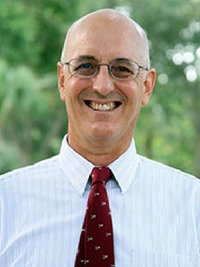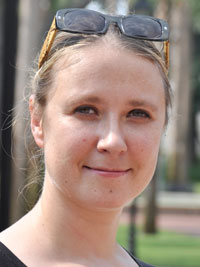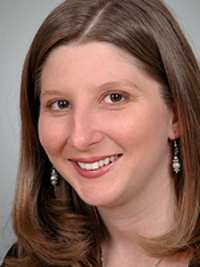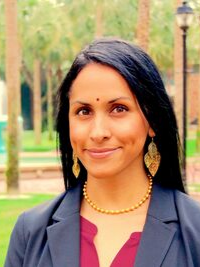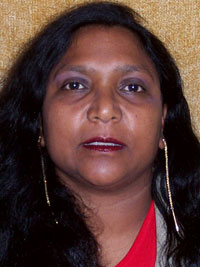The FSEM course, the gateway to students’ introduction into higher education at Stetson University, embraces contemporary and enduring complex societal questions and processes. Since the inception of QEP 2011, approximately 185 different FSEM courses have been offered with topics ranging from “Ghost Stories: East and West,” “Chemistry and Society,” “Revenge Drama,” “Identity Theft,” and “Salsa:Multicultural Music of Caribbean.”
More than most universities’ First Year courses, Stetson’s FSEM courses have been content driven based on the passions and expertise of our faculty. Now, in the midst of our national reckoning on diversity, equity, and inclusion, and thanks to President Roellke’s and Provost Painter’s commitment of resources to the FSEM Program, we are strategically positioned to offer students early on in their Stetson careers a prime venue to begin critical discussions on diversity, equity, and inclusion (DEI). Stetson FSEM courses have the potential to allow significant cognitive growth in our students by empowering them to think critically, write clearly and persuasively, and communicate the complex interplay of diversity, equity, and inclusivity in a pluralistic world – a world in which they become more respectful of differences in thinking and being that in turn lead to transformation of the individual and society.
The FSEM Program is pleased to invite Fall 2021 FSEM faculty committed to DEI to apply for a pedagogically-based professional development grant with the intention of critically reviewing their current FSEM course and then redesigning their course by integrating a significant number of DEI voices (theories, history, and practices) into its narrative. These $2000 Grants are intended to galvanize faculty to spend a significant amount of time before June 20, 2021 exploring the addition of previously unincluded perspectives in their courses which may help incoming FSEM students make better sense of the world they inhabit and prepare them for personal and intellectual development and global citizenship. The production of new assignments based off these newly included voices, which also play a significant role in how the faculty member assesses his or her course, is of particular importance for those seeking to be awarded the grant. An important intended outcome is for the FSEM course development grant to spill over into their other courses.
The Application Form consists of a series of questions designed to help those vetting it assess whether or not the faculty member is ready to make best use of the resources delegated by the President and the Provost.
PROPOSAL TIMELINE:
- April 14 – Call for proposals (Microsoft Application Form)
- April 28 – submissions are due along with a supportive note by the faculty member’s Chair (the latter can be sent by email to [email protected]).
- May 14 – Scholarship/grant winners are announced.
- June 20 – new course syllabus, new assignments generated, and 1000-word reflective report about the processes involved with creating these design changes sent by e-mail to [email protected]
-
- June 30 – Grant money included in June paychecks.
